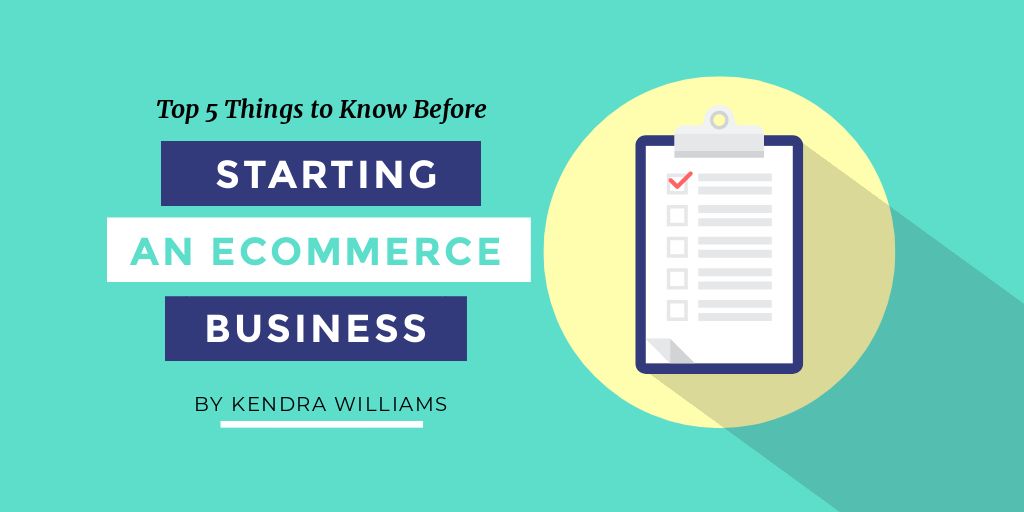Do you have e-commerce on your mind? If you can’t seem to scratch your entrepreneurial itch, then you’re receiving the call to fulfill your destiny as an e-commerce store owner. Taking your idea and building it up from scratch will take a lot of thinking and planning, though, so you need to start preparing soon. Below are some key considerations for your future e-commerce shop.
Why Do You Want To Do This?
Perhaps the most important thing to know about your e-commerce business is your “why”: why do you want to start an ecommerce store? If you can answer that question with honesty, you will stand a better chance of succeeding. Motivated, driven business owners will do whatever it takes to make it work, which is especially important when times get tough. Individuals with less invested in the business are prone to “opt-out” at the first sign of trouble.
What Do You Want To Sell?
It’s best to have a rough idea of what you want to sell before doing any research because you may become overwhelmed by the sheer number of products waiting to be sold. Deciding on your primary product may take more than an afternoon at the local cafe, though, so you may want to dive deeper before the weeks fly by. After finding a product that excites you, you will need to do research on related things such as USPS flat rate box sizes and a shipping process.
How Will You Ship?
Customers will want to know when they can expect their order to arrive, how to track their package, and which courier service will be handling it. Each courier company will have its own shipping methods, rates, parcel dimensions, and more, which may get confusing as you continue your research. It’s important to know some of the details so that your customers can have peace of mind and trust your establishment.
How Much Will You Charge?
Most people want to start an e-commerce store to make a profit, so that should be one of the primary considerations for your new venture. How much should you charge to make a decent profit per sale? On average, 10% is a reasonable profit margin, but in some instances, it can go as high as 20%. This means that you will need to do some quick calculations to find the right price to set to get decent returns. An easy way to get a good price is by checking out your competitor’s rates.
Who Is Your Supplier?
As an e-commerce reseller, you are probably not going to be making products yourself; instead, you will be purchasing them from a wholesaler or directly from the manufacturer. Both of these entities are known as suppliers because they will be supplying you with the goods that you can put up for sale. A decent supplier will be responsive to your needs and ship out your purchases with haste.
Where Will You Stock Inventory?
Inventory management is a big deal for e-commerce business owners, especially as you start moving more units. In the early stages of your career, you may get away with stacking boxes in your garage, but this will soon become an issue once you have more orders to fill. You have many options, so choose an inventory process that best suits your needs.
How Will You Market?
Creating an e-commerce storefront is just the first step in your business endeavor; now, you need people to come and buy your products, too. Unfortunately, nobody knows about your new online store, so you’ll have to get in front of their eyes somehow. This is where a solid marketing strategy can work its magic and attract as many customers for you as possible bintangplus4d.
Most people could only ever dream about starting an e-commerce company, but here you are taking steps to make it happen. As you move forward with your plans, you can make your life easier with the tips mentioned above murah4d.

